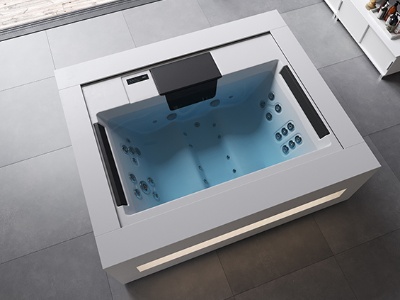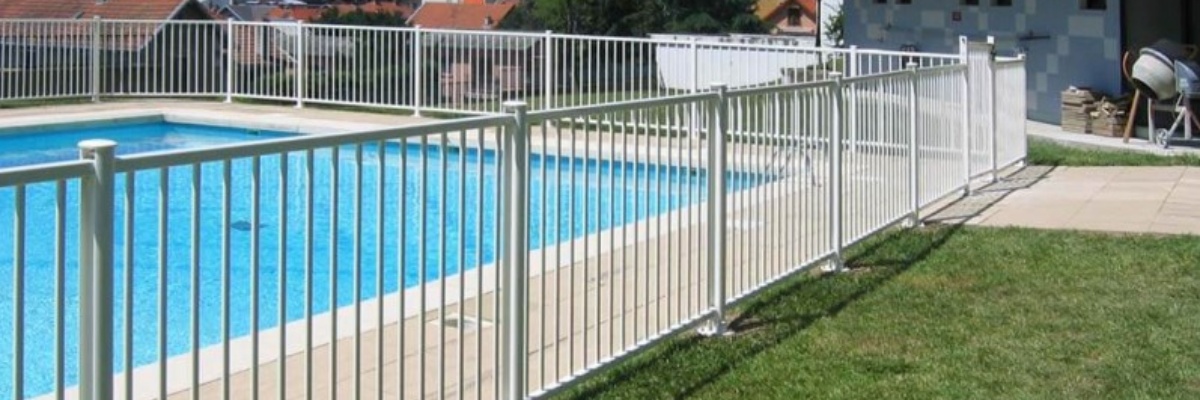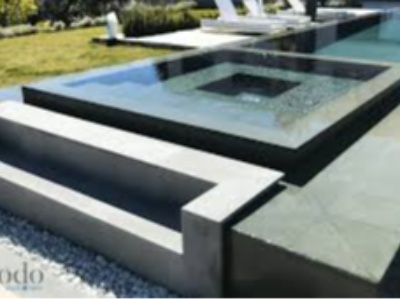
Owning a private swimming pool is a privilege that brings relaxation and pleasure, but it is also a great responsibility. In France, the legislation imposes strict safety rules to prevent accidents, particularly drowning of young children. These obligations mainly concern in-ground and semi-inground swimming pools, and each owner is required to comply with the standards in force. In this article, we take stock of the regulations in place and the mandatory equipment to be installed.
Why are the regulations on swimming pool safety so strict?
Every year, hundreds of drowning accidents are recorded in France, the vast majority involving children under the age of six. These accidents often occur in the absence of supervision or an adequate safety device. In view of this, the law of 3 January 2003 made it compulsory to install approved safety devices for all private in-ground or semi-inground swimming pools. The main objective of this regulation is to reduce the number of accidents by requiring reliable and effective equipment. In addition to prevention, these devices also make it possible to secure the swimming pool when it is not in use.Which swimming pools are affected by the law?
The regulations apply exclusively to private in-ground and semi-inground swimming pools. Above-ground, inflatable or removable pools are not subject to these obligations, although it is strongly recommended that similar precautionary measures be adopted.Pools at hotels, campsites, holiday cottages or private residences for collective use must also comply with safety standards, even if they fall under a different set of regulations.
Mandatory safety devices
To comply with the law, each in-ground pool must be equipped with at least one of the following four safety devices:- Protective barriers: They must be at least 1.10 metres high and designed to prevent the passage of a child under the age of five.
- Safety covers: They must completely cover the pool and be strong enough to support the weight of a child in the event of a fall.
- Pool alarms: Whether they are submerged or perimeter alarms, they must detect any intrusion or fall into the water and emit a loud audible signal. Pool enclosures: They must comply with NF P90-309 standards and offer complete protection by completely covering the pool. This equipment must be installed correctly and checked regularly to ensure its effectiveness. A poorly maintained or faulty device does not meet the safety requirements imposed by law.
How do I choose the right safety device?
The choice of device depends on several criteria, including the space available around the pool, the budget and aesthetic preferences. Fences are often favoured for their robustness and their ability to physically prevent access to the pool. Covers and shelters offer a dual functionality by protecting the water from impurities while ensuring safety. Alarms, although effective in signalling danger, should not be the only means of protection, as they do not prevent access to the pool. The ideal solution is to combine several devices to enhance safety.Penalties for non-compliance with standards
Failing to equip your swimming pool with a compliant safety device can result in a fine of up to 45,000 euros. This penalty aims to make owners more responsible and encourage them to put in place the necessary measures to prevent accidents.
In the event of an accident, the owner may also be held civilly and criminally liable, which may result in legal proceedings in addition to financial penalties.How can optimal safety be ensured?
In addition to the mandatory equipment, there are certain best practices that can be used to enhance safety around the pool:- Constantly supervise children when they are near the pool.
- Teach children to swim from a young age to give them safety reflexes.
- Avoid leaving floating toys in the water, which could encourage a child to go near the edge.
- Install a safety instructions sign that is visible to everyone.
Protecting your pool is essential to avoid tragedy
Complying with pool safety regulations is not only a legal obligation, it is above all a duty to protect your family and loved ones. By installing approved devices and adopting the right reflexes, it is possible to prevent accidents and fully enjoy the pleasures of swimming with complete peace of mind.




